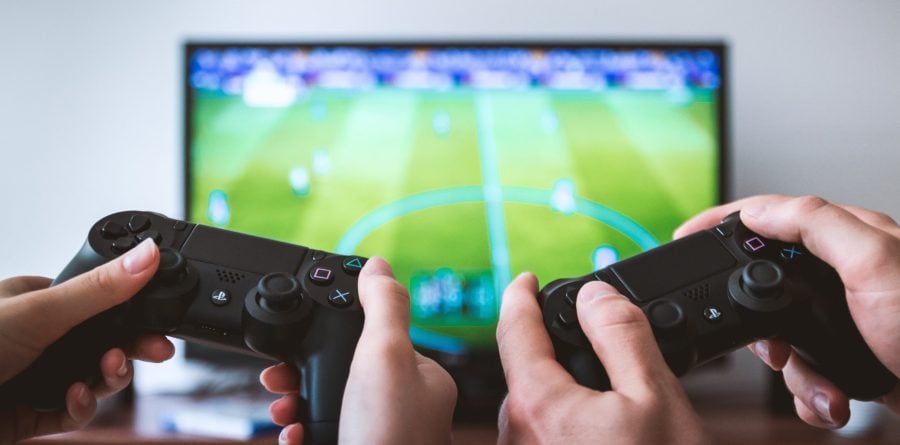26/03/2019
Brits working in offices spend average of 9 hours sitting
Contributed by AXA PPP Healthcare
21/12/2017 - AXA PPP Healthcare

When advising on work-life balance, HR professionals commonly discourage employees from working long hours and instead encourage them to try to switch off when they’ve left for the day.
While game-play during short, allocated breaks is a great way to take a breather from concentrated work, overdoing it can lead to work-life imbalance, with all sort of tasks and activities being neglected in favour of gaming. This is addiction territory and may seriously affect employees’ performance and productivity. Eugene Farrell, Head of Trauma Support Services for AXA PPP healthcare takes a closer look at the issue.
As soon as an employee signs an employment contract, you both commit to giving and receiving in return. Therefore, you are within your rights to initiate disciplinary action when employees are wilfully ignoring their work. However, knowing where the line is – or when employees are nearing or crossing it – can be tricky, especially for HR professionals who don’t necessarily work on the same floor or even the same building as the employee in question.
UK workers already lose between eight and nine days of work every year due to lack of sleep, according to a 2015 poll of 2500 working people conducted by Big Health. The study showed that poor sleep quality adversely affects concentration (46 per cent), ability to complete work (38 per cent) and stay awake during the day (27 per cent). Given that rare Pokémon creatures come out at night, employees roaming about into the late or small hours could be compromising their shuteye and lead to their turning up for work far from able to give their best.
If employees’ minds are preoccupied with thoughts of the last game and or anticipation of the next ‘fix’, the quality of their work is likely to suffer. Their productivity slump may in turn lead their workload to mount, adding stress to the anxiety they are already feeling. They may even come to resent their job because it stops them from gaming and or feel guilty or inadequate because they know they’re under-performing. Whatever the case, frustration, irritability and disengagement are scarcely conducive to good employee-employer relations. As with any addiction, withdrawal can significantly lower mood. In addition to being demotivating for the employee (further hindering productivity), it can also damage employee relations. Staff morale and a strong team ethos are integral to business success. And players who slip into an ‘every man for himself’ mentality may soon become socially isolated, making matters worse.
How you choose to tackle gaming addiction in your office depends on your relationship with your employees. It is of course important to check the extent to which it is affecting your business productivity, for which line mangers are as ever an invaluable source of good intelligence. Is the office a whole lot emptier come lunchtime? Are employees finding excuses to leave their desks during work? Has there been a change in atmosphere or morale? Are conversations lapsing into app chat? So be smart and watch for the signs of addiction – and be ready to act. It’ll hold you in good stead both for this and for the next gaming craze that comes along.
For more information, visit AXA PPP healthcare’s Small Business Insight Centre.
All articles on this news site are submitted by registered contributors of SuffolkWire. Find out how to subscribe and submit your stories here »